Understanding the acceptance rates of medical schools with lowest acceptance rates is helpful for aspiring medical students to gauge competition, advisors to offer tailored guidance, researchers to study trends, and institutions to evaluate their admissions strategies.
Table of Contents
The students who want to pursue their career in the medical field need to achieve their professional degree from a renowned educational institution. To do so, there is a need to apply for the program and get a co-formed admission, which is one of the most difficult steps.
Key Takeaways
- If you want to get into medical school, it is hard in the US.
- Top schools only accept a few students out of many applicants.
- The lowest acceptance rate is around 1%.
- To improve your chances, you need good grades, MCAT scores, and relevant experience.
- While applying, you should research the schools you apply to and show your passion for medicine.
What are the Challenges in Medical Education?
Top institutions have limited seats, allowing only a select number of students to secure admission. The high demand and low availability of admission leads to lower acceptance rates. In some of the top medical schools in the USA, the acceptance rate is around 1% only.
1. Impact of Low Acceptance Rates
The acceptance rates of medical schools play a vital role in shaping your school list and guiding your application strategy. Applying to a medical school with around a 1 or 2% acceptance rate might lead you to question whether your application truly stands out among the majority or not.
Keep in mind, however, that acceptance rates are just one piece of the puzzle, and there are several more to consider while applying to medical institutions.
2. Varied Influences on Admission
These rates vary significantly between schools and are influenced by several factors such as the number of applicants, program competitiveness, whether you’re applying as an in-state or out-of-state candidate, and many more. The local students often receive priority in admission.
Whereas the international student needs to suffer a lot because of unreserved seats. It becomes essential to understand that acceptance rates alone do not provide a comprehensive picture of the application process.
3. Holistic Application Evaluation
Other elements are also considered while considering the admission; these including your academic achievements, extracurricular activities, personal statement, and letters of recommendation, collectively contribute to your overall competitiveness as an applicant.
Therefore, while acceptance rates offer insights, they should not be the sole determinants in shaping your medical school aspirations.
List of the Top 19 Medical Schools With Lowest Acceptance Rates
| Medical Schools | Acceptance Rate (%) |
|---|---|
| University of Arizona College of Medicine-Tucson | 1.37% |
| David Geffen School of Medicine | 1.32% |
| Mayo Clinic Alix School of Medicine | 2.05% |
| Florida State University College of Medicine | 1.69% |
| Stanford University School of Medicine | 1.07% |
| Wake Forest School of Medicine | 1.31% |
| Howard University College of Medicine | 1.37% |
| Georgetown University School of Medicine | 1.27% |
| The Warren Alpert Medical School of Brown University | 1.7% |
| Cooper Medical School of Rowan University | 2.18% |
| New York University: Long Island | 1.2% |
| Virginia Tech Carilion School of Medicine Medical School | 2% |
| University of California: Riverside Medical School | 2.3% |
| George Washington University Medical School | 2.5% |
| University of California: San Francisco | 2.8% |
| Dartmouth College (Geisel) | 2.9% |
| Rush University | 3.1% |
| University of Miami (Miller) | 3.1% |
| Emory University Medical School | 3.3% |
Thousands of medical universities and colleges in the USA make it possible for students to achieve medical qualifications and other degrees in the medical field. However, it is right to recommend always going with the top medical schools as their degree holds a significant value.
Achieving the any of these schools leads to high-paying employment in medical facilities across the world. But it is not easy at all, the acceptance rate at top institutions is always low.
One out of hundreds able to secure a seat. If you have enough eligibility and excellence, then you can apply for admission to these colleges. By the way, ensuring you have the right tools, like a reliable laptop, can greatly support your medical studies. If you’re interested, you can explore recommendations for the best laptops for medical students.
We have researched and found the best medical schools with lowest acceptance rates in the USA. Some of these institutions are mentioned below, let’s have a look:
1. University of Arizona College of Medicine-Tucson
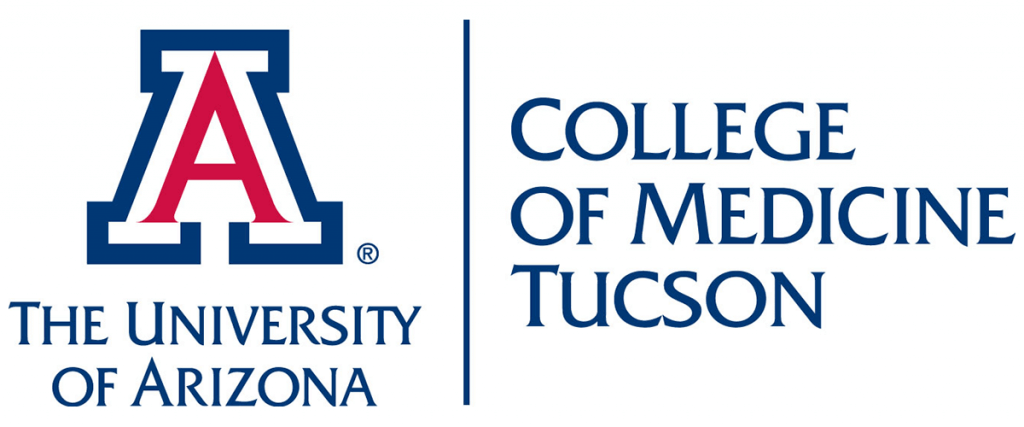
The University of Arizona College of Medicine is one of the toughest universities to get admission with an acceptance rate of around 1.37 percent only. You need to meet the strict eligibility criteria and other requirements to secure a seat in medical school. The university is located in Tucson, Arizona, and has a Strong focus on research and innovation in medical education. It is one of the top Medical Schools With Lowest Acceptance Rates.
2. David Geffen School of Medicine
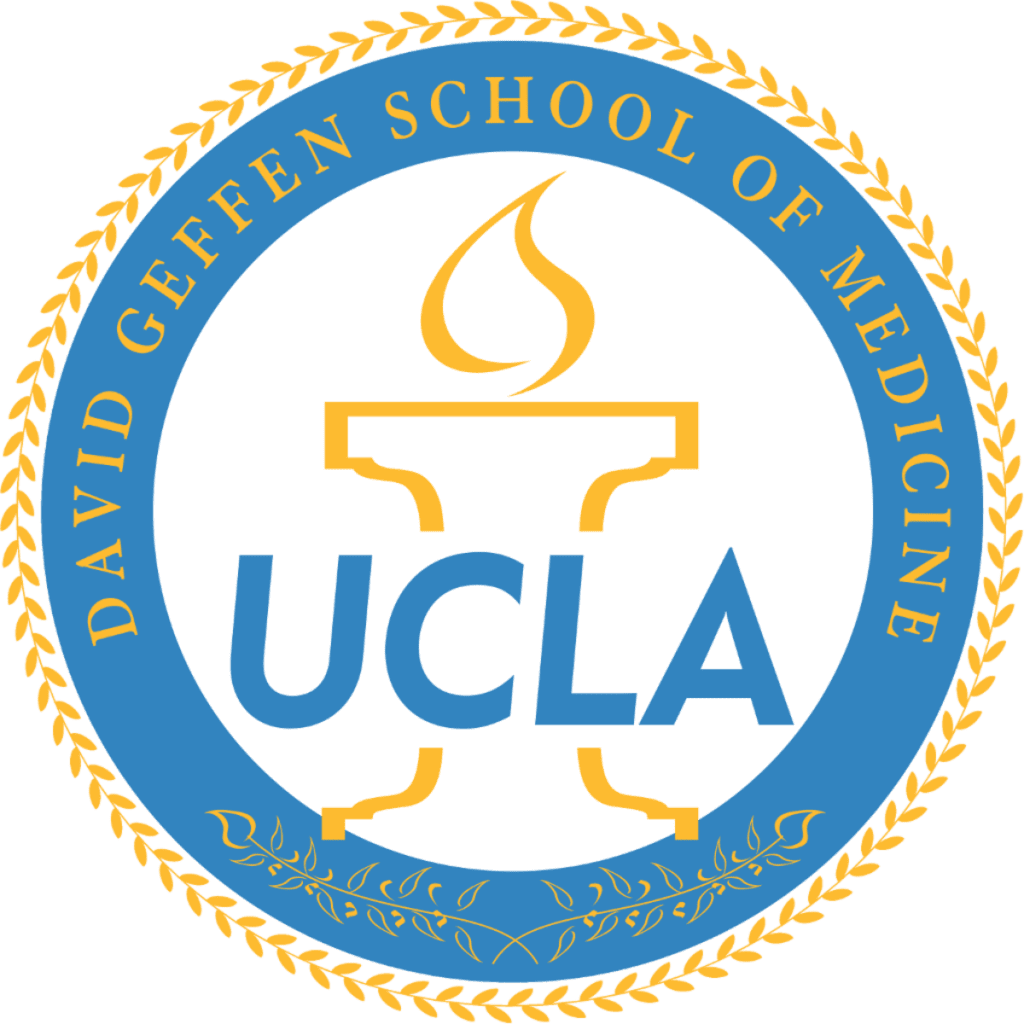
The David Geffen School of Medicine stands out as an exceptional institution with an acceptance rate of only around 1.32 percent, placing it among the medical schools with the lowest acceptance rates.
Thousands of students from all over the world apply for admission but only a few can get admission. The residents of the USA or home state are preferred more for admission in the programs. The university is situated in Los Angeles, California. The school is a Part of the prestigious University of California, Los Angeles (UCLA) system. Emphasizes community service and leadership in the medical field.
3. Mayo Clinic Alix School of Medicine
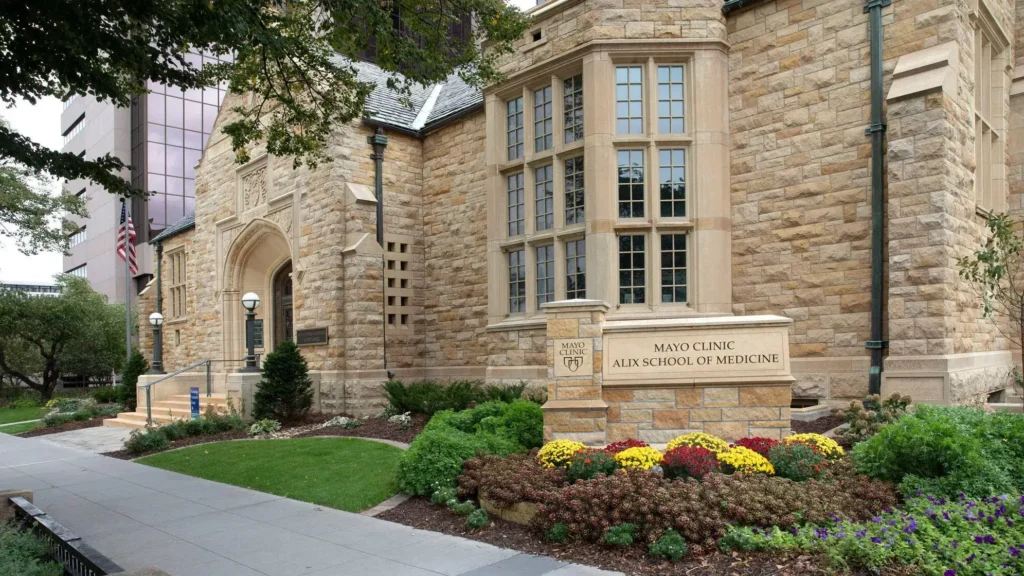
The Mayo Clinic Alix School of Medicine comes with an acceptance rate of around 2.05 percent. According to this, only 2 out of 100 students are selected for the medical courses and other professional programs. Due to the high competition, the students need to meet the tough eligibility requirements.
The medical school is located in Rochester, Minnesota, and is Affiliated with the renowned Mayo Clinic. The school is known for its patient-centered care and medical research.
4. Florida State University College of Medicine
The Florida State University College of Medicine boasts an acceptance rate of approximately 1.69 percent, distinguishing it among medical schools with some of the lowest acceptance rates in the USA.
Admission is highly competitive, reserved for students with exceptional academic scores and meeting stringent eligibility criteria. The college is located in Tallahassee, Florida, and focuses on producing physicians who are community-oriented and have a strong commitment to service.
5. Stanford University School of Medicine
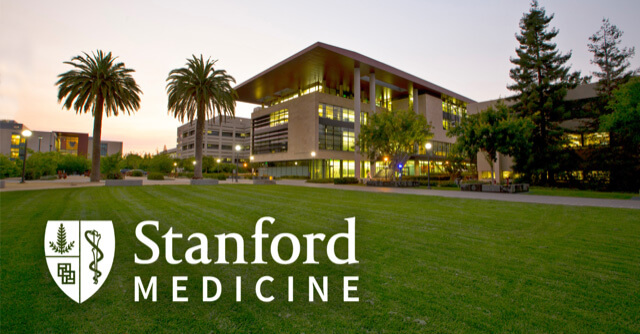
The Stanford University School of Medicine, renowned and highly sought-after, maintains an acceptance rate of a mere 1.07 percent, positioning it among the esteemed medical schools with some of the lowest acceptance rates.
The university is located in Stanford, California, and is a Part of Stanford University, known for its cutting-edge research and emphasis on interdisciplinary collaboration. The best part of the medical school is that it is known for creating world-class medical professionals and experts.
6. Wake Forest School of Medicine
The Wake Forest School of Medicine offers an acceptance rate of around 1.31 percent and is located in Winston-Salem, North Carolina. The main motive of the medical school is to integrate students with teamwork, leadership, and a commitment to serving the community. The applicants who want to get admission to the university need to meet all the strict eligibility criteria and other requirements.
7. Howard University College of Medicine
One of the most renowned Medical Schools With Lowest Acceptance Rates, Howard University College of Medicine gives an acceptance rate of only 1.37 percent. Keep in mind while applying for the medical courses that legal residents of the USA are preferred for admission and the acceptance rate for international students is even less.
The university is located in Washington, D.C and the university has a strong commitment to addressing healthcare disparities and promoting diversity in medicine.
8. Georgetown University School of Medicine
The students who want to be admitted to the medical program offered by Georgetown University School of Medicine need to face an acceptance rate of around 1.27 percent. The university is located in Washington, D.C., and is known for emphasizing ethics, social justice, and a commitment to service in medical practice.
9. The Warren Alpert Medical School of Brown University
The Warren Alpert Medical School of Brown University comes with an acceptance rate of around 1.7 percent which makes it difficult for the applicants to secure their seats in the university. The medical school is located in Providence, Rhode Island. The best part of the medical school is that it is Known for its innovative curriculum, commitment to diversity, and a strong emphasis on research.
10. Cooper Medical School of Rowan University
The Cooper Medical School of Rowan University is the last university in our list of medical schools with lowest acceptance rates. It offers an acceptance rate of around 2.18 Percent only. The university is located in Camden, New Jersey, and is primarily focused on community engagement, urban healthcare, and producing physicians who are dedicated to serving diverse patient populations.
11. New York University: Long Island
Going to med school is no easy task. NYU Long Island has some tough rules. Their deadline is November 15th every year. The cost to apply there is $100. If you get in, get ready to pay $10,000 each year. That is the full-time tuition rate.
The faculty and students are not equal. There are only 2.3 professors for every student. Despite this, NYU has 170 professors working full-time. But getting accepted is extremely difficult. Only 1.2% of applicants make it in each year.
12. Virginia Tech Carilion School of Medicine Medical School
At Virginia Tech Carilion School of Medicine, you must apply by December 1st. The fee is $0. Tuition is $56,293 for all students. This school has very few teachers for many pupils.
The ratio is 4.6 teachers to 1 student. Out of many applicants, just 2% get in. There are 840 full-time teachers there. Still, chances are slim. You must work super hard. A very few get to study medicine at this university.
13. University of California: Riverside Medical School
The University of California-Riverside has a medical school program. Students should apply by November 1st. The application cost is $105. In-state students pay $38,040 in tuition per year.
Out-of-state students pay $50,285 per year. There are 370 professors for every student at this university. The student-faculty ratio is excellent at 1.1:1. However, only 2.3% of applicants get accepted into this competitive program.
14. George Washington University Medical School
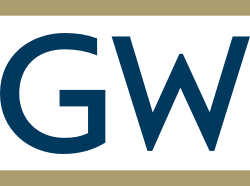
The medical school at George Washington University has an application due date of November 15th. Applying to this medical school costs $140. Full-time tuition will cost you $65,840.
The faculty to student ratio is 1.7 teachers for every one student. There are 1,308 full-time professors teaching at the medical school. Only 2.5% of students who apply are accepted into the program.
15. University of California: San Francisco

The medical school of the University of California in San Francisco has an October 15th deadline for applications. The fee to apply is $80. Tuition fees are $38,073 for in-state students and $50,318 for out-of-state.
There are around 3.9 students per faculty member. The medical school employs 2,640 full-time teachers. Only 2.8% of applicants get accepted into this program.
16. Dartmouth College (Geisel)

Geisel School of Medicine has an application deadline of November 1st. The fee for applying is $130. The yearly cost of tuition is $67,532 for full-time students. There are 2.4 students per faculty member. Geisel has 885 full-time teachers on staff.
Geisel School of Medicine is located in Hanover, New Hampshire. It was founded in 1797. This makes it the fourth-oldest medical school in the United States. Today, Geisel is an important research university.
Students learn by working with teachers. They do basic research. They run clinical trials. Not only that, but they study health policies and more. Geisel accepts only 2.9% of applicants.
17. Rush University
Rush University has a medical college. The deadline to apply is October 1st. It costs $100 to submit your application. Students must pay $57,778 per year for full-time tuition.
The ratio of faculty to students is 2.5 to 1. There are 1,477 full-time faculty members working at the medical college. Only 3.1% of applicants get accepted into the program.
18. University of Miami (Miller)
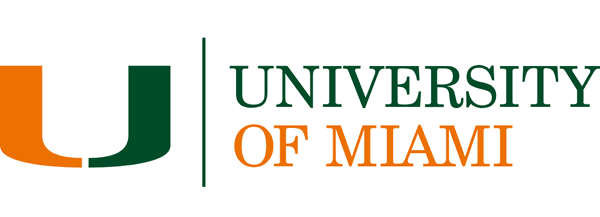
The Leonard M. Miller School of Medicine at University of Miami has a December 1st deadline for applications. To apply, you need to pay a $95 fee. If you get accepted, the full-time tuition is $50,123.
The student-teacher ratio is very good at 1.9 students per teacher. The school has 1,597 full-time faculty members. However, the acceptance rate is quite low at 3.1%.
19. Emory University Medical School
The medical school at Emory University needs your application by October 15. Applying there costs $120. If accepted, you’d pay $53,000 per year for full-time studies.
The student-teacher ratio is 4 students per instructor. There are 2,347 full-time professors. Only 3.3% of applicants get in each year. This makes it very competitive.
How to get admission to medical schools with lowest acceptance rates?
To better your chances of gaining entry into medical schools with lowest acceptance rates, strategic planning and a robust set of qualifications are essential. Here are seven tips to secure your seat in these competitive institutions:
1. Meet Academic Standards:
The most rigorous medical schools initially assess GPA and MCAT scores. Ensure your scores meet or exceed the minimum requirements, such as a GPA of 3.0 or an MCAT score of 500. Applying to schools where your scores align with or surpass the average will boost your chances.
2. Start Early:
Apply at the earliest opportunity to benefit from smaller applicant pools during rolling admissions. Initiate your medical school application well in advance, allowing sufficient time for MCAT preparation and crafting a comprehensive application. Explore schools with early decision or early acceptance programs.
3. Research Your Target Schools:
Highly selective medical schools seek specific qualities. Utilize resources like MSAR to comprehend each school’s preferences. For instance, Stanford values clinical research experience, while Kaiser Permanente and Johns Hopkins prioritize paid clinical or healthcare experience and volunteer hours, respectively.
4. Acquire Relevant Experiences:
Tailor your experiences to align with a school’s preferences. Some schools may have specific requirements for clinical or volunteer hours. Even if not mandatory, understanding a school’s values will help you present yourself as an ideal candidate.
5. Emphasize Premed Jobs:
Secure essential experiences through premed jobs. Seek opportunities with companies catering to premeds to effectively build your resume.
6. Solicit Strong Recommendations:
Gather outstanding recommendation letters by forming meaningful relationships with professors, employers, or mentors. These letters can significantly enhance your application.
7. Demonstrate Passion and Commitment:
Showcase your genuine interest in medicine and dedication to your chosen field through your statement and interviews. Expressing passion can distinguish you from other applicants.
By following all the above-mentioned tips, you can improve your chances of gaining admission to the most competitive medical schools in the USA, especially medical schools with the lowest acceptance rates.
FAQs
1. Which medical school boasts the lowest acceptance rate?
Florida State University is recognized as the most selective medical school in the USA. The school comes with a 2.1% acceptance rate in the academic year 2023. During the same admissions cycle, the University of Arkansas for Medical Sciences reported the highest acceptance rate at 20.2%.
Attaining a seat in Florida State University’s medical programs demands exceptionally high qualifications from aspiring students due to its highly competitive nature among medical schools with the lowest acceptance rates.
2. Which phase of the medical program is considered the most challenging?
For many students, the initial two years of the medical program pose the greatest challenge. These years typically involve exposure to fundamental sciences such as anatomy, physiology, and pharmacology.
Also, students who have not studied medical subjects in the past face difficulty in the initial phase of their doctoral course. In such a situation, the students need to work a little hard and follow some strategies.
3. What MCAT score is considered the minimum for medical school admission?
An MCAT score ranging from 504 to 506 or lower may not position you as a highly competitive candidate. Scores of 501 or lower are generally deemed too low to be competitive, suggesting that retaking the exam or considering medical schools that do not require the MCAT might be advisable.
4. How uncommon is a perfect MCAT score?
Out of the 273,860 students who took the MCAT, only 0.021% achieved a perfect score of 528. This equates to approximately 58 students. While this figure isn’t exact, it provides an estimate, suggesting that between 30 and 70 students attain a perfect MCAT score each year out of the hundreds of thousands who take the exam.
5. Which country presents the most challenging medical school admission process?
As per the latest scenario, Canada emerges as the most competitive country for medical school admission. While the application process and requirements closely resemble those of the United States, the higher number of students vying for each medical school spot contributes to heightened competition.
However, in the past few years, there have been a lot of steps taken by Canada to tackle the situation, like limiting international students and prioritizing the legal residents of the USA and Canada for medical seats.
Conclusion
As the top medical schools with lowest acceptance rates receive a considerable number of well-qualified applicants, it is reasonable to end up on a medical school waitlist.
While being waitlisted is not a rejection, it can bring about a sense of uncertainty among the applicants. If you are confident that a specific medical school is your top choice, then you can improve your likelihood of transitioning off the waitlist by crafting a letter of intent.
This document should effectively express why that particular medical school stands out as your preferred option. It is essential to verify whether the medical school in question accepts letters of intent and to meticulously follow any provided instructions before submitting your letter. You can rely on our list of 10 best medical schools with lowest acceptance rates in the USA as mentioned above in the article.












Add Comment